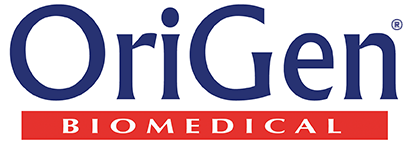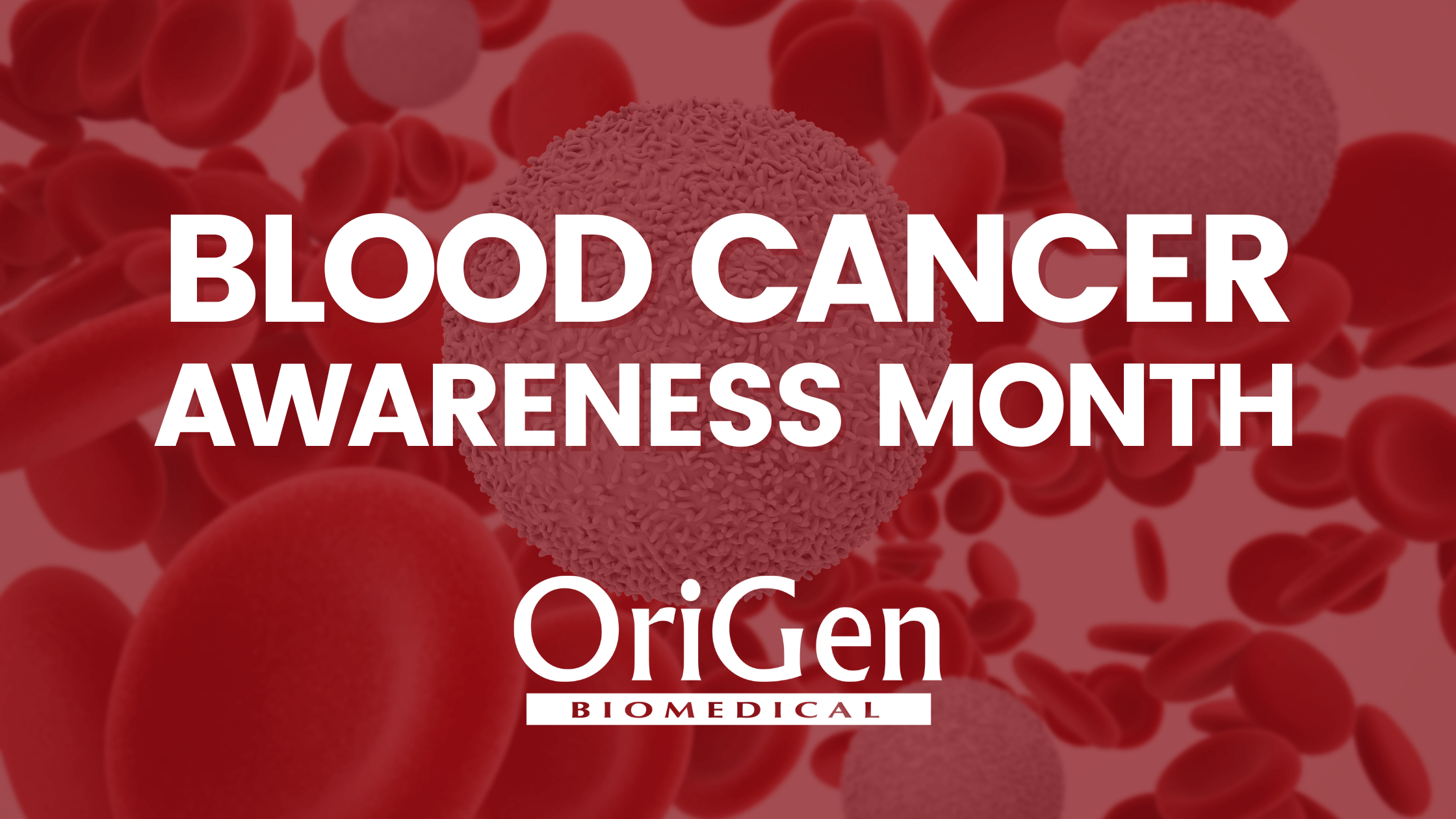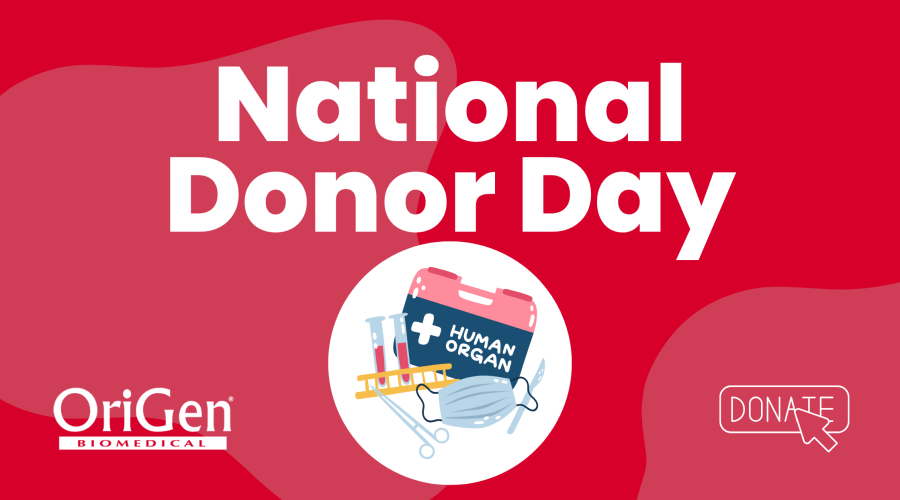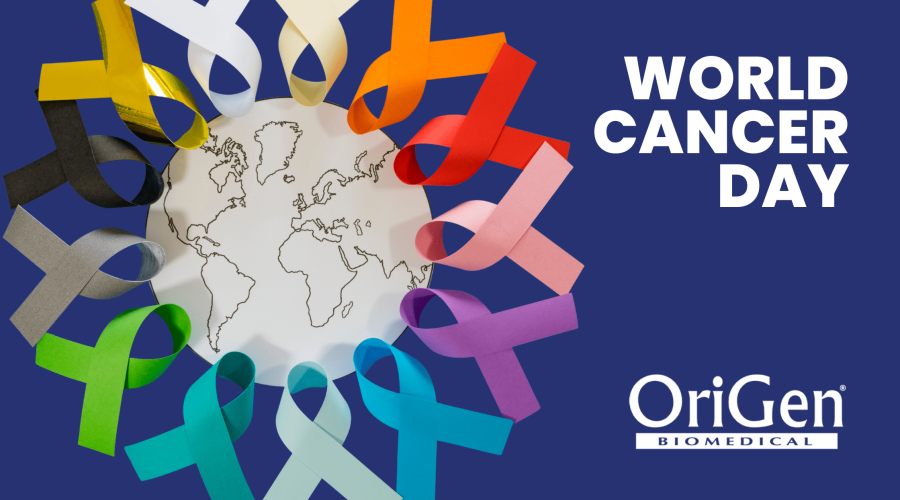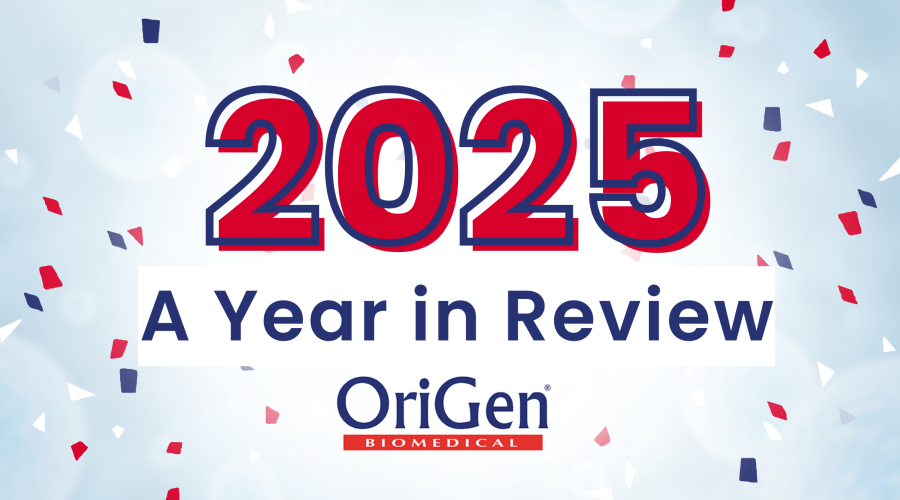Since 2010, every September is recognized as Blood Cancer Awareness Month, a month intended to shed light on the cancers that affect the blood and lymphatic systems as it is the 3rd leading cause of cancer deaths in the United States. More than 1.3 million Americans are living with or in remission from blood cancer. It’s estimated that 186,400 Americans were diagnosed with blood cancer last year.[1]
The three main types of blood and bone marrow cancer are leukemia, lymphoma, and myeloma:
- Leukemia is a broad term for cancers of the blood cells. The type of leukemia depends on the type of blood cell that becomes cancer and whether it grows quickly or slowly. Leukemia occurs most often in adults older than 55, but it is also the most common cancer in children younger than 15.[2]
- Lymphoma is a broad term for cancer that begins in cells of the lymph system. The two main types are Hodgkin lymphoma and non-Hodgkin lymphoma (NHL). Hodgkin lymphoma can often be cured. The prognosis of NHL depends on the specific type. [2]
- Multiple myeloma is a blood cancer that begins in the blood’s plasma cells, a type of white blood cell made in the bone marrow. Also, learn about the stages of multiple myeloma.[3]
Approximately every 3 minutes, a person in the US is diagnosed with blood cancer.[7]
Despite the progress being made in detecting and treating this disease, more than 1/3 of blood cancer patients still do not survive five years after diagnosis.[1] One treatment that has been showing great promise in treating blood cancer is CAR T-cell Therapy.
What is CAR T-cell Therapy?
CAR T-cell Therapy, short for Chimeric Antigen Receptor T-cell therapy, is a type of treatment that uses a patient’s own genetically engineered immune cells to seek out and attack the cancer cells based on a molecule on the cancer cells’ surface.[5] T cells are taken directly from the patient’s blood. Then the gene for a special receptor that binds to a particular protein on the patient’s cancer cells is added to the T cells. The special receptor is called a chimeric antigen receptor (CAR). Large numbers of the CAR T-cells are grown in the laboratory and then given to the patient via infusion. [2] This is when the CAR T cells start working. They circulate around the body finding cancer cells. When they bump into a cancer cell with that protein, the new T cells activate, multiply, and kill the cancer.[6]
Approvals around CAR T-cell therapy are rapidly changing. The types of cancer that are currently treated using CAR T-cell therapy are diffuse large B-cell lymphoma (DLBCL), follicular lymphoma, mantle cell lymphoma, multiple myeloma, and B-cell acute lymphoblastic leukemia (ALL). As of February 2022, six CAR T-cell drugs have been approved by the U.S. Food and Drug Administration (FDA). Given the serious side effects possible with this type of treatment, all of these approvals are for people whose cancer has returned after receiving at least one previous type of therapy, depending on the indication.[6]
An example of success with CAR T therapy is Milton, who was diagnosed with acute lymphoblastic leukemia at only 8 years old. After his cancer recurred two times again, he enrolled in a CAR T cell therapy clinical trial in 2013. His treatment was successful and he has been in remission ever since.[4] Click here to read his full story.
OriGen Biomedical is proud to offer a variety of products for cell culture and cryopreservation that can be used in the treatment of blood cancers. PermaLife®Cell Culture Bags are indicated for use in protecting, storing, and freezing cells and tissues. In addition, OriGen supplies CryoPur® DMSO cryopreservation solutions and accessories for fluid transfer to simplify the cryopreservation process.
During each Blood Cancer Awareness Month, events take place around the globe to help raise funds for further research. Check with your local cancer treatment centers or donate online to a variety of cancer organizations like The Leukemia & Lymphoma Society (LLS), Cancer Research Institute, or the American Association for Cancer Research.
